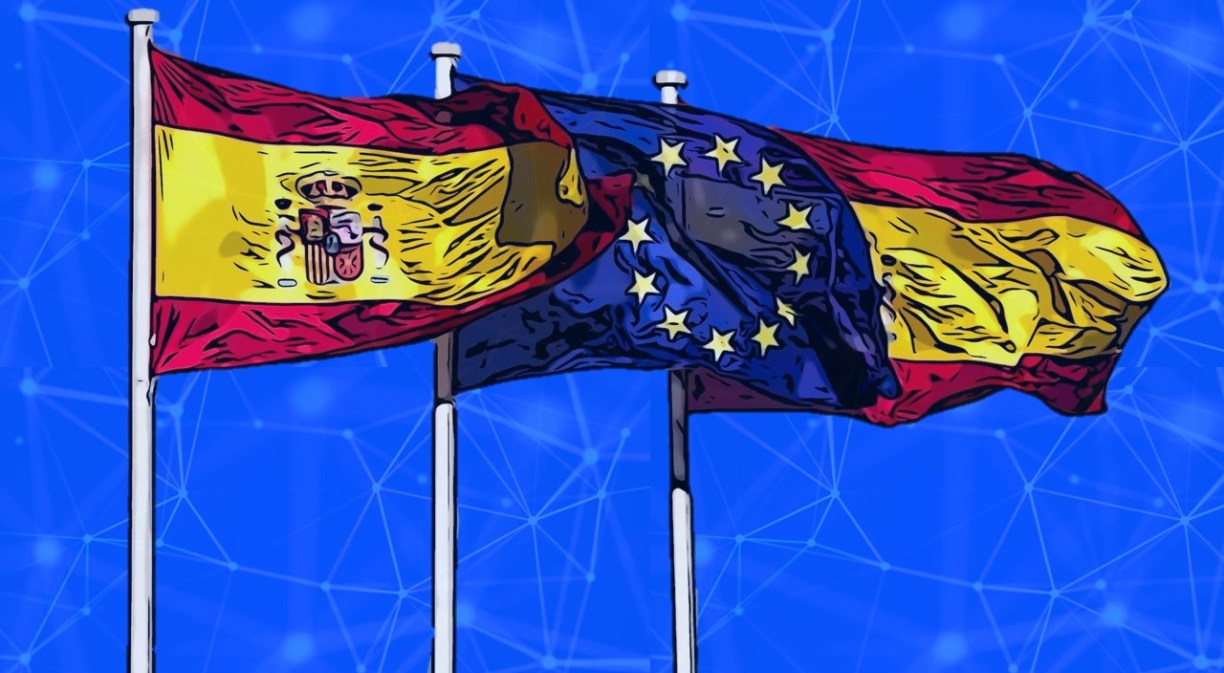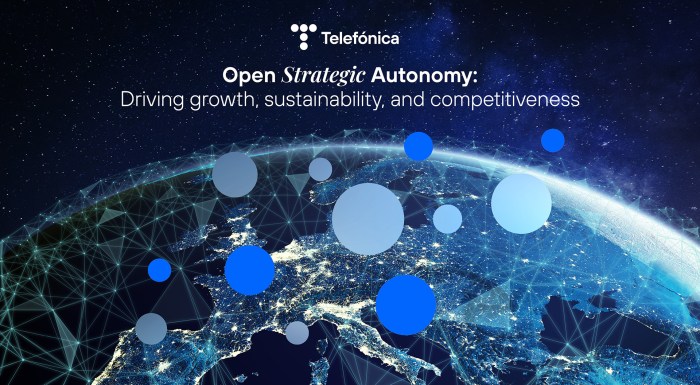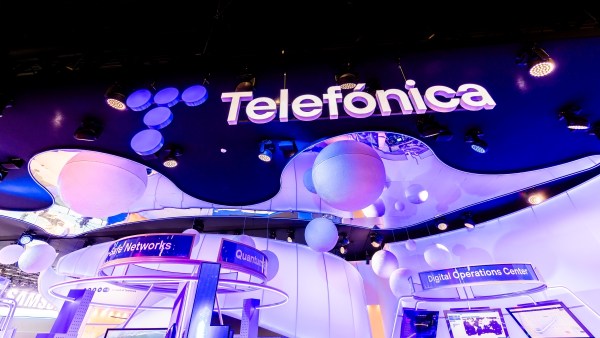About ten years ago, the European Union (EU) expressed its desire to achieve Open Strategic Autonomy, which included acting independently, reducing economic vulnerabilities, strengthening cooperation under the European model, and promoting inclusiveness to leave no one behind.
Today, the digital transformation and the transition to a sustainable economy have added a new dimension to the concept of European Open Strategic Autonomy. To compete on a global scale and meet society’s expectations, it is imperative to push for a renewed agenda that prioritizes the deployment of digital infrastructure and the introduction of new technologies that accelerate decarbonization and the achievement of the EU’s green objectives.
As Spain takes on the Presidency of the Council of the EU for six months, it has the opportunity to shape Europe’s priorities and steer the course towards a digital, sustainable, and competitive Europe. Telefónica has published a document setting out its vision on how the Spanish presidency can promote European Open Strategic Autonomy.
Resilient and competitive markets in a digital world
This year marks the 30th anniversary of the European single market, and it is a time to celebrate progress and look to the future to strengthen our resilience, dynamism, and competitiveness. As we reflect, it is important to analyze Europe’s role in the current world order.
It is undeniable that there is a digital and technological divide between regions, and it is uncertain on which side of the divide Europe will fall. The strategic value of connectivity and the development of next-generation technologies is high, yet the EU has not yet fully exploited it. This situation jeopardizes the competitiveness of key industrial sectors and the development of society.
Connectivity is a crucial pillar of a 21st century economic policy agenda, and therefore, it is essential to pay special attention to the companies and actors responsible for investing in telecommunication infrastructures. In this area, operators are the most relevant players and need to be adequately supported and incentivized to ensure that the necessary investments are made in digital infrastructures.
We are currently facing a challenging situation where investment, regulation, and competition policy are not aligned, which is hindering the necessary investment to achieve the goals set out in the Digital Decade. To overcome these obstacles, it is essential to address these issues by renewing regulations, ensuring competition policies are adequate, and activating new financing models to direct investments towards the development of digital infrastructures.
A balanced digital ecosystem to drive digital innovation
Emerging technologies, such as the Internet of Things (IoT), Artificial Intelligence (AI), 5G, and Virtual Reality, are creating new paradigms for user experiences and business models. However, to unleash the full potential of these technologies, an efficient and high-capacity network is required.
Deploying next-generation networks is a costly undertaking, and the current business model does not provide sustainable financing for such investments. We believe that it is crucial to enable the telecoms sector to evolve towards a two-sided market that facilitates and ensures the sustainable deployment of the new networks that Europe’s economy and society require.
Moreover, for digital innovation to function properly and be sustainable, it is essential to ensure that the distribution of value in the digital ecosystem is balanced and does not favor a select few players. Any imbalances could disrupt the innovation process and lead to negative externalities for the entire digital ecosystem.
Digitalisation for a green transition
Digitalization and new technologies are essential pillars in the roadmap towards meeting environmental objectives. Predictive and maintenance systems that integrate IoT, sensors, Big Data, and AI can lead to more efficient use of resources such as energy, water, and gas, resulting in a reduction in greenhouse gas emissions. Connectivity is crucial to take advantage of the opportunities of digital transformation in the green transition. While ICTs generate a carbon footprint of around 1.4% of total emissions, they have the potential to reduce greenhouse gas emissions by 30% by 2030.
Despite evidence showing the enabling effect of digitalization and connectivity on the decarbonization of economic activities, the EU is not yet adequately promoting regulatory frameworks that exploit the synergies of the twin transition. Specifically, the EU Taxonomy, an initiative that determines which activities contribute to European sustainability goals, does not fully recognize the role of 5G and fiber networks. Europe needs to rethink the Taxonomy Regulation to incentivize the redirection of capital towards activities that support the digital and green transition.
In conclusion, Europe’s Open Strategic Autonomy will hinge on its industrial capacity to provide services and products that support the achievement of the digital and green transition. With this in mind, Telefónica has prepared a document outlining the key strategic areas that the Spanish Presidency should prioritize to enhance the competitiveness of the European Union.
This is our proposal for a digital, green, social and competitive Europe.















